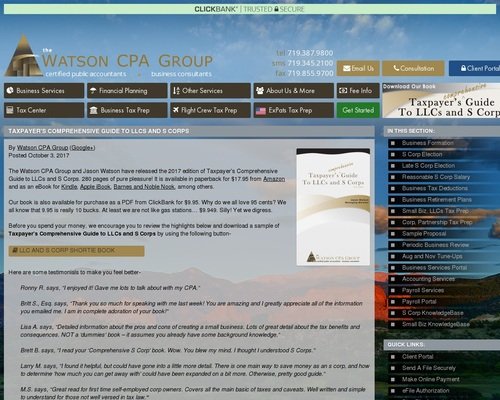Finest High-Interest Savings Accounts In Canada For 2025


< img src ="https://thumbor.forbes.com/thumbor/fit-in/x/https://www.forbes.com/advisor/ca/wp-content/uploads/2023/03/high-interest-savings-accounts-ca-1.jpg"> A high-interest savings account or HISA(likewise referred to as a high-yield cost savings account) is a savings account that provides a high annual portion yield (APY) on the cash within, so that your savings are constantly creating a high rate of interest. Other savings accounts might not create interest at all or may just create a nominal quantity, (as low as 0.01%) while high-interest savings accounts will provide you an APY of 2.50% or higher. You will usually find high-interest cost savings accounts offered by online, branchless banks or cooperative credit union since they don't have the very same expenditures and overhead as Canada's Huge 5 Banks or other traditional monetary establishments, so they can pass on the savings on to their clients in the form of a greater than average interest rate.
HISAs vs. TFSAs
All earnings produced from the rate of interest on a high-interest savings account (HISA) is taxable as income, however deposits and withdrawals, whether positioned in an interest-bearing financial investment vehicles or not, are not taxed when coming from or entering into a tax-free savings account (TFSA) approximately the account holder's individual annual contribution limitation.
HISAs vs. RRSPs
While all investment development created from a high-interest cost savings account (HISA) is taxed as earnings, the contributions made to a registered retirement cost savings plan are not taxed on deposit up to the account holder's yearly contribution limitation, however they are taxed on withdrawal. You can transfer or withdrawal money from a HISA at any time, while an RRSP requires you to stop making contributions by the last month of the year you turn 71 and convert the account into a Registered Retirement Income Fund (RRIF).
HISAs vs. Chequing Accounts
While high-interest cost savings accounts offer a minimum of a 2.50% APY, very couple of chequing accounts offer interest on balances at all in Canada. It's just as well, because a chequing accounts are indicated to be utilized to pay your costs and take care of your different everyday transactions, while cost savings accounts are suggested to be a location where you store your money for your long-lasting savings goals or for a financial emergency.
HISAs vs. GICs
While HISAs do offer higher APYs than what other cost savings accounts may offer you, their interest rates don't beat those of Surefire Financial Investment Certificates (GICs). However, in exchange for a greater ensured steady interest rate, you should lock your savings into a GIC for a minimum of one to five years. Term deposits run likewise, however have a much shorter minimum time horizon of 30 days to five years. Canadians discover GICs attractive due to the fact that they are lower danger than other financial investments, such as stocks or shared funds, so you will get an ensured return on investment as long as you don't need access to your money over the period of the term defined. Individuals who choose HISAs want a high APY, but likewise wish to have the ability to move their cash from the HISA if they need to. A GIC doesn't provide you that option over the period of the investment.
Related: GIC vs. HISA: How To Select
HISAs vs. Regular Savings Accounts
While regular cost savings accounts typically are simply a place to park your money while your saving for the future– either creating very little interest on your contributions or no interest at all, high-interest cost savings accounts do produce a high amount of interest enabling your money to substance over time and create even more money than your initial investment. To motivate conserving and not spending, high-interest cost savings accounts typically have minimum balance requirements that need you to keep a certain monetary balance to prevent month-to-month charges. They likewise carry a number of transaction fees to prevent you from moving money out.
Find out more: What Is A High-Interest Cost Savings Account?



